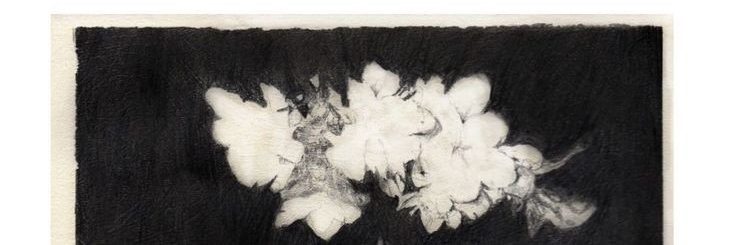Not when the heart stops. Not when the body stills. A person dies long before that. We die in pieces, in pauses, in all the things we give away just to keep existing.
You live a life that becomes a story for everyone but you. You are someone's daughter. Someone's wife. One day, a grandmother. You carry these names like obligations stitched to your skin. You live through them, grow around them, shrink beneath them. And at the end—when you lie in a bed, eyes heavy for the final time—maybe someone holds your hand. Maybe they say you were good, you were kind, you were loved. But what are they really mourning? You? Or just what you were to them?
They'll remember fragments. Their favorite memories. The version of you they chose to hold onto. They won't know the full weight of you—the aching corners, the private victories, the small, quiet dreams that never had room to exist outside of you. All of it buried. All of it unspoken. That's one death.
But there are others.
There is the death when you stop being a daughter—because the love changed, or faded, or turned cruel.
There is the death when you are no longer a lover—but a role, a responsibility, a presence to be tolerated.
There is the death when you are no longer seen—not by the world, not even by yourself. When you go from person to placeholder. When you wake up and realize you're surviving out of habit. Carrying your body like a thing already half gone.

People leave. Even the ones who swore they wouldn't. Father. Mother. Sister. Friend. Love doesn't mean permanence. Nothing does. You can give everything—your tenderness, your truth, your time—and still be left behind. That's a kind of death, too.
And maybe the cruelest part of all is how we keep walking. We die in parts and keep walking. Eyes open, heart guarded, smile practiced. Corpse in motion.
And through it all, we forget the only thing we ever truly owed ourselves: to live. Not for them. Not for the roles. But for ourselves. To feel, to want, to breathe deeply into the space we take up.
When we die, there is no grand judgment. No scales, no glowing light. We stop existing. That's it. The idea of an afterlife is beautiful—of reunion, of peace—but beauty doesn't promise truth.
The day your mother dies might be twenty years from now—when time and bitterness have made strangers of you both—or it could be today, while the wound is still soft and the love still warm. Either way, that will be the last time you see her. And that's what makes this all so heavy.
Death is the mother of beauty.
But so is truth. So when do we start living before it's too late?


